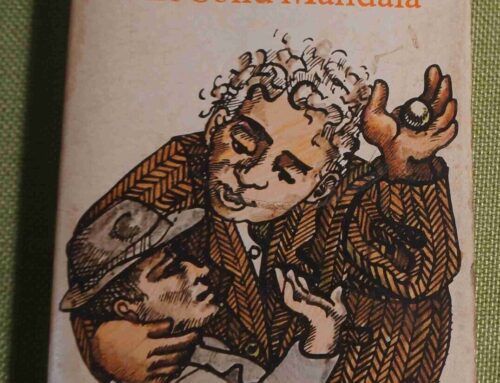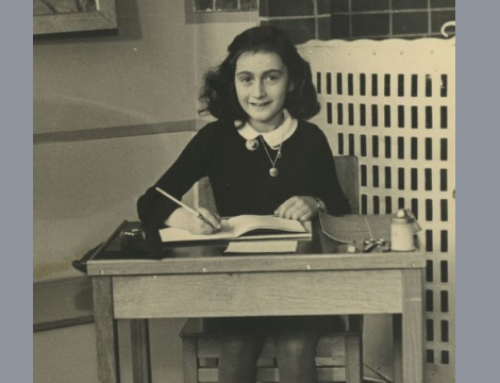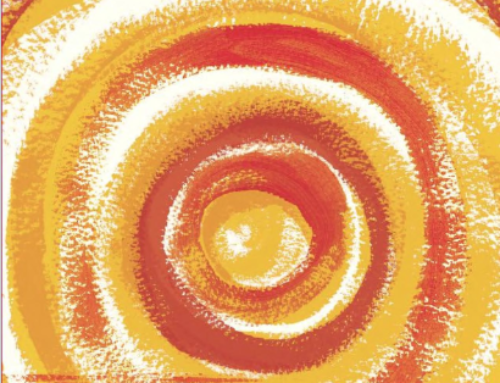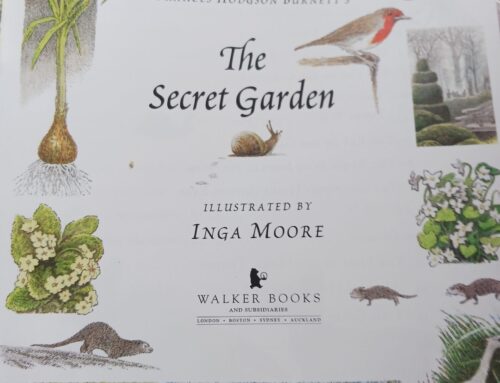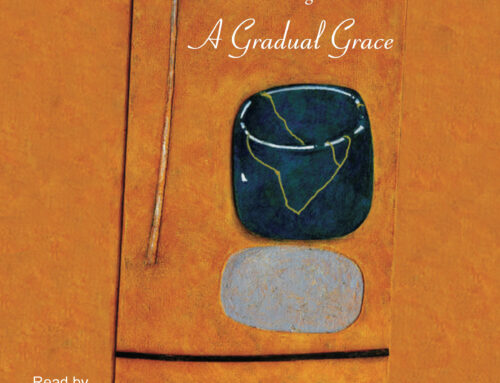Under the Volcano by Malcolm Lowry was first published in 1947. When literary scholars write of it, they group it with major works — all by men —such as Melville’s Moby Dick, Conrad’s Nostromo, Lawrence’s The Rainbow, Marlowe’s Dr Faustus. The narrative itself is shadowed by literary giants such as Goethe, Dante, Homer, Virgil, Baudelaire, Chekhov, Dostoevsky, and more. Its denseness, allusiveness and Faulkner-esque stream of consciousness make it a challenging read, and for someone like me, who studied English literature, but not world literature, it can be daunting, for it makes me very aware of how much I haven’t read! Indeed, I wonder how many writers there are now who, like Lowry, will have read so much in different languages, and be so steeped in the world of literature.
Given all that, it is a visceral, gripping, and haunting story of the last twelve hours in the life of an English ex-consul in Mexico on the Day of the Dead, his conflict between human love and his passion for alcohol, and his intense mental world, populated by angels and demons, hallucinations, and moments of clarity and regret. Mostly, the story is told from his point of view, but his ex-wife, Yvonne, who has come back to try and save him and their love, and his brother Hugh, who is also there, trying to save him, take up the story from time to time. This works on the whole, although I found one long chapter in Hugh’s voice, reflecting on his passing youth and his adventurous life so far, his feeling of being trapped, was gratuitous, as it takes the focus off the Consul and his inevitable descent into self-destruction. For me, Hugh as a character never really comes to life, whereas the Consul is larger than life, but not larger than death, which engulfs him. Yvonne is a delicate and poignant foil to her lost lover, trying to save him, dreaming of a life together with him on some isolated farm in Canada, with the Consul writing and she looking after him.
But the Consul’s dreams and thoughts are mostly of alcohol. In fact, as one reviewer remarked, the central character in the story is alcohol in different forms — tequila, whisky, mescal, beer. Indeed, alcohol drives the Consul’s desires, actions and thoughts, and therefore the plot. His excuse for drinking is that he needs it to sober up, to stop the twitching, the shaking, the erratic, crazy rhythm of his thoughts. He is possessed by demons and no-one can save him. There are passages where we are drawn into his delirium:
Suddenly the Consul rose, trembling in every limb. But it wasn’t the scorpion he cared about. It was that, all at once, the thin shadows of isolated nails, the stains of murdered mosquitoes, the very scars and cracks of the wall, had begun to swarm, so that, wherever he looked, another insect was born, wriggling instantly towards his heart. It was as if, and this was what was most appalling, the whole insect world had somehow moved nearer and now was closing, rushing in upon him. For a moment the bottle of tequila at the bottom of his garden gleamed on his soul, then the Consul stumbled into the bedroom.
This novel is an extraordinary vision of a man, so gifted, so loved, who is killing himself, and is aware that he is doing so. In the end, he is killed by local police who confront him in a bar and accuse him of being a spy. They push him outside and shoot him, throwing him off the edge of a ravine at the foot of the volcano, Popocatepetl. In a terrible irony (revealed in the chapter before this last one) a horse is startled by the shot, stampedes and tramples Yvonne, who is searching for the Consul, struggling through the forest in a storm with Hugh. She dies in a vision of her dream house in Canada burning around them. Yvonne leaves her burning dream and is gathered upwards towards the stars, ‘among which now appeared, like a flock of diamond birds flying softly and steadily towards Orion, the Pleiades…’. Whereas the Consul falls into the volcano:
He must have climbed it after all, though now there was this noise of foisting lava in his ears, horribly, it was in eruption, yet no, it wasn’t the volcano, the world itself was bursting, bursting into black spouts of villages catapulting into space, with himself falling through it all, throught the inconceivable pandemonium of a million tanks, through the blazing of ten million burning bodies, falling, into a forest, falling —.
He screams, the trees huddle over him, pitying… ‘somebody threw a dead dog after him down the ravine.’
This apocalyptic ending is woven of images of war, of death, of the end of the world, and yet there are hints of pity … the trees sheltering him, and for Yvonne, of release … born up to the Pleiades, the seven sisters who are turned into stars to save them from the pursuit of Orion.
Lowry was writing Under the Volcano in the years before the outbreak of the Second World War. His first marriage was failing; he travelled with his wife to Mexico, where his alcoholism and despair were the rock on which the marriage split. In 1940, he married his second wife, who nursed him, tended his mansucripts, and encouraged him, and Under the Volcano was accepted for publication in 1946. So it seems that Yvonne has something of both wives in her.
Lowry died of alcoholism. One critic, Martin Seymour-Smith, suggested that he succeeded [as a novelist] only because he persisted in ‘destroying himself with alcohol.’
The reviews I have read are either five stars or two. Most rave about the book, a few rubbish it.
It is not an easy read but it is an engrossing and disturbing one. Reviewing it seems an almost impossible task, for it is so complex, intricate, impossible to talk about without reducing it. Yet I am sure it was an impossible task to write it, and in a sense, he died in the attempt, though some years after it was published (1957).
